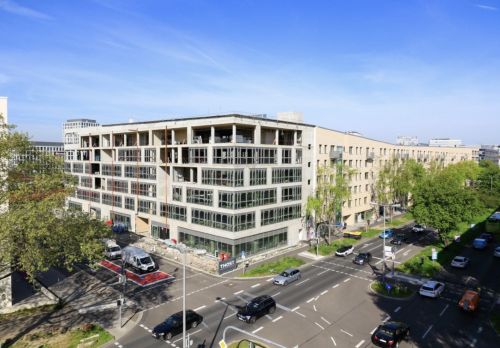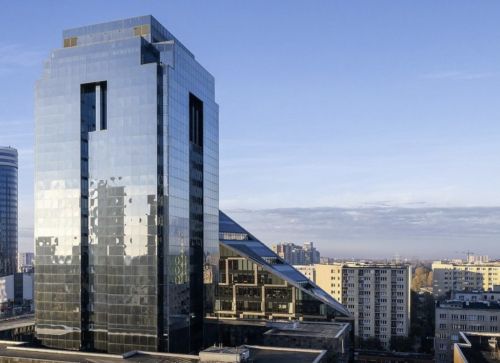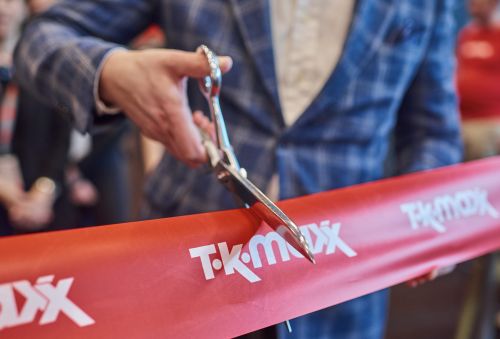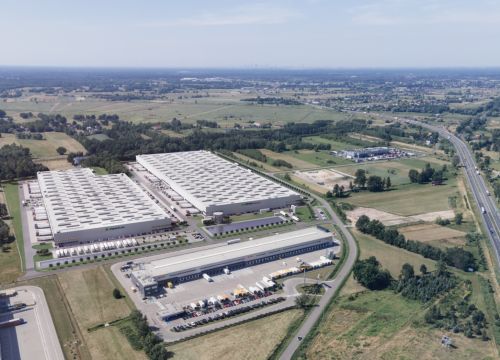The hotel market in Poland is still very absorbent and many new hotels are under construction in Poland’s largest cities with around 4,700 hotel rooms being developed in Warsaw, around 1,500 in Kraków and a similar number in Gdańsk. The upcoming opening of Raffles, a new luxury hotel, is causing a stir. Upscale and midscale hotels clearly dominate the capital city (accounting for 42.3 pct and 45.3 pct of total room numbers), but no economy hote s are under construction in Warsaw. New hotels under construction in Kraków are mostly positioned high and are mostly in the upscale (57.9 pct in room numbers) and upper upscale (28.9 pct) segments, while the smallest segment is the midscale (4.4 pct). In Gdańsk upscale and midscale segment hotels make up the majority of those under construction. Of the three cities, Gdańsk has the most economy hotels under construction (15.8 pct in terms of the number of rooms). According to Dorota Malinowska, a partner at real estate consultancy Pro




























































